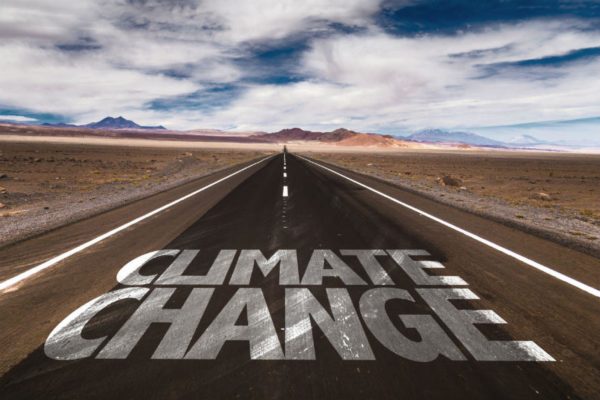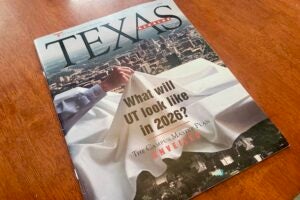The Paris climate accord attempts the Herculean task of bringing the 3Es — Environmental policy, Energy policy and Economic policy — together. Make no mistake: There are complex and nuanced scientific and political issues surrounding the 3Es.
The accord, unfortunately, overreaches politically. Rather than staying focused on legitimate ways to quickly reduce large volumes of CO2, the accord ascribes climate change to humans, prescribes renewable energy as the solution, and urges wealth redistribution as the mechanism to pay for it.
Perhaps not a surprise that blue states in the United States support it and red states do not. Unfortunately, this skewed political approach serves mostly to highlight differences and polarize people and nations. More importantly, it will not solve the emissions challenge.
In terms of climate change, perspectives range from complete human responsibility for current warming, resulting in major global impact, to proportionate influence of humans on natural climate change, recognizing the limited impact that the accord’s emissions cuts — even if fully implemented — will have on future warming.
The 195 countries that signed the accord were motivated by various circumstances and desires. For example, some countries are not required to alter current energy plans. Others will be paid to do just that. Some see climate change as having a negative impact on themselves. Many have a need for increased energy, and renewables provide a distributed option. And all recognize that the accord is voluntary and unenforceable.
Approaches to wealth inequality, climate and energy vary, and reasonable science supports different approaches. Most agree that global wealth inequality is unhealthy. Three billion people live in various states of extreme to deep poverty, with limited access to clean water, food, housing, education, health care or hope.
The philosophies to address inequality range from full-scale wealth redistribution on the left, to a growing global economy lifting undeveloped nations from poverty on the right. The accord moves hard left by urging a wealth-redistribution approach.
Research validates the relationship between access to energy and productivity/wealth, and the related relationship between lack of access to energy and poverty.
Simply stated, affordable and reliable energy is required to lift underdeveloped nations and impoverished people from poverty. Secure energy literally powers every aspect of modern society and underpins healthy and growing economies. Today, 86 percent of global energy comes from fossil fuels — oil, natural gas and coal.
On the energy policy front, the accord prescribes a rapid shift from “bad” fossil energy to “good” renewable energy. No form of energy is “good” or “bad” environmentally. True, fossil fuels require mining and drilling and emit CO2 when combusted for transportation and power generation; and wind and solar do not emit CO2.
But let’s not kid ourselves: All forms of energy at scale have negative environmental impacts. In addition to well-documented wildlife damage, a vast amount of land and mining will be needed to manufacture and install the necessary number of wind turbines, solar panels and solar mirrors to make a dent in global demand; erect the transmission towers and power lines to distribute the electricity; and manufacture and dispose of the very large batteries required to power electric cars and back up intermittent wind and solar.
By labeling renewables as “good,” the accord moves to the political left.
Paris showed that it is possible to get many nations to sign a common environmental accord. Unfortunately, the accord conflated action on climate change with energy and wealth-inequality politics.
An apolitical focus on emissions — one that avoids picking energy winners and payment schemes — could result in an agreement that would address emissions at scale. Addressing CO2 emissions at scale and in the timeframes required must include nuclear, increased energy efficiency, natural gas and even coal — where the economics and geology allow the emissions to be captured and sequestered.
Underdeveloped and developing nations need access to all forms of energy so that they can create robust economies of their own and afford the cost of adaptation and environmental stewardship.
Scott Tinker is the Allday Endowed Chair of Subsurface Geology and director of the Bureau of Economic Geology at The University of Texas at Austin.
A version of this op-ed appeared in the Dallas Morning News, Amarillo Globe News, Austin American Statesman and the San Antonio Express News.
To view more op-eds from Texas Perspectives, click here.
Like us on Facebook.




